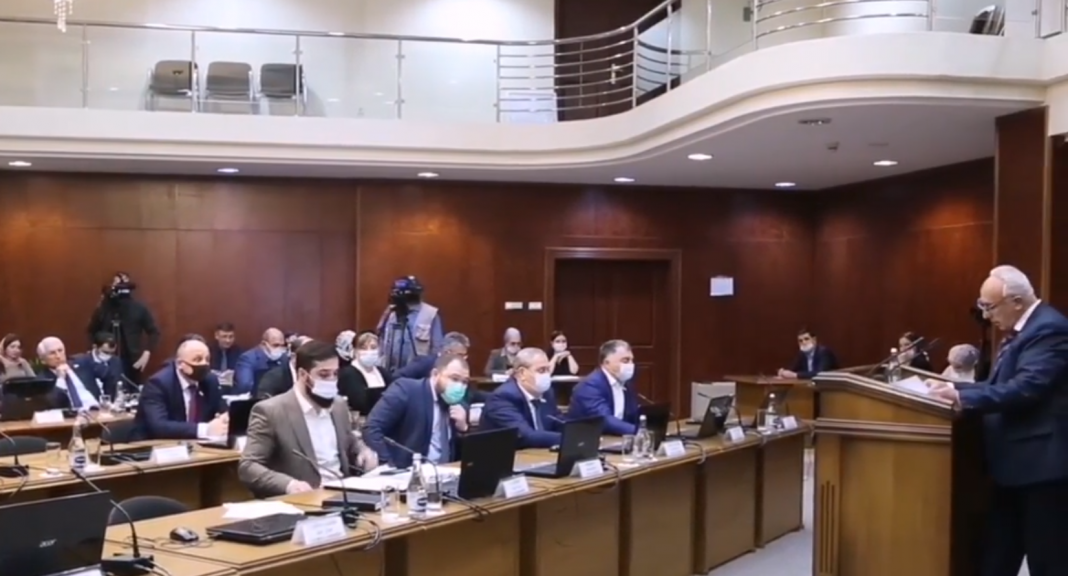The members of Ingushetia’s National Assembly voted for the law on the abolition of the republic’s Constitutional Court in its final reading.
«The deputies passed the law in its final reading. According to it, the Ingush government must ensure, in accordance with federal law, that by March 1, 2022 the liquidation of the Constitutional Court of Ingushetia as a legal entity will be completed,» RIA Novosti reported citing the press service of the regional parliament.
Earlier, MPs passed in the first reading the law on the liquidation of the Constitutional Court of Ingushetia. The news of the forthcoming liquidation of the Constitutional Court of Ingushetia has stirred up the public. And although the abolition of constitutional courts in the regions is a direct consequence of the amendments to the Russian Constitution, many have begun accusing Islam Gadiev, chairman of the Ingush National Assembly’s committee on state-building and legislation, of bringing a draft bill on the abolition of the Ingush Constitutional Court to parliamentary consideration a day earlier.
The initiator of the dissolution of the Constitutional Court of the Republic of Ingushetia was the republican prosecutor’s office, which is supposed to monitor compliance with the legislation of the Russian Federation, the Chairman of the Constitutional Court of Ingushetia, Ayup Gagiev explained at the time.
It should be reminded that the Constitutional Court of the Republic of Ingushetia was the only authority that actively opposed the agreement on changing the borders of Ingushetia with the Chechen Republic, declaring it illegal.
On September 1, 2020, the head of Ingushetia, Mahmud-Ali Kalimatov, submitted a draft «constitutional law» to the republican parliament on the abolition of the Constitutional Court of the Republic of Ingushetia. At that time the Council of Teips of Ingushetia made an appeal in which it pointed out that the Constitutional Court of Ingushetia was the only state body that had taken an adequate and fair position regarding the agreement signed by the then head of the republic Yunus-Beck Evkurov on changes of borders with Chechnya. The Teyp Council considered the submitted draft law to be anti-people.

